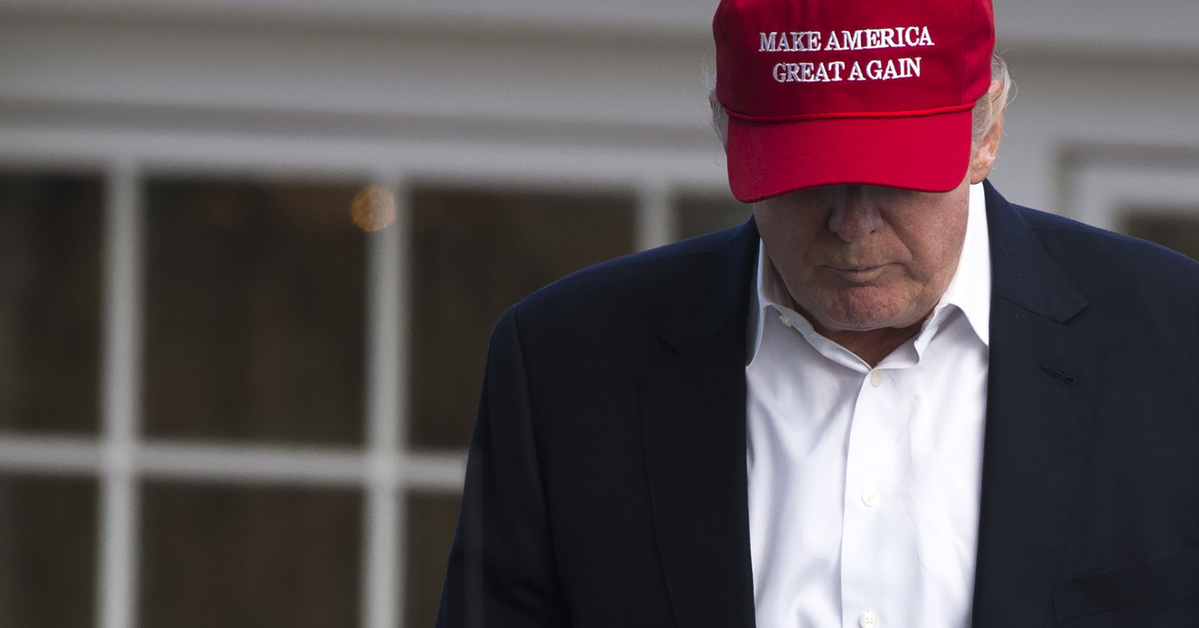
The U.S. Senate on Wednesday voted to overturn President Donald Trump‘s declaration of a national emergency on the U.S.-Mexico border. Eleven Republicans joined the vote forced by Senate Democrats to pass the revocation by a vote of 54-41.
The measure is a bid to de-fund construction of the controversial and much-promised border wall by stopping the White House from using money originally allocated to military construction budgets. The Trump Administration began diverting such funds earlier this month.
“Congress explicitly and repeatedly rejected the president’s request for border wall funding,” Senate Minority Leader Chuck Schumer (D-N.Y.) said during a press conference on Tuesday. “Now he’s trying to go around Congress and the Constitution to get funds elsewhere. In this case, he’s $3.6 billion from military servicemembers, from military families, from military readiness.”
“Many of my Republican colleagues have military installations with major projects in their states that would suffer because of the president’s emergency declaration,” the New York Democrat said–in an attempt to needle GOP senators frustrated with the 45th president’s end-run around Congress to fund his trademark campaign promise. “The president promised Mexico would pay for [the wall] but sadly it’s our military and their families that seem to be paying for it.”
President Trump’s decision to declare the U.S.-Mexico border a national emergency has been widely criticized.
Marines Corps Commandant General Robert Neller slammed Trump’s declaration–and the apparent prior use of U.S. troops as 2018 campaign props–in a series of leaked internal memorandums as an “unacceptable risk to Marine Corps combat readiness and solvency.”
Several lawsuits have been filed against the emergency declaration.
The first such lawsuit–filed by Ralph Nader‘s Public Citizen–flatly declared that Trump acted in violation of the U.S. Constitution and U.S. law by “exceed[ing] the limited authority delegated to the president to declare national emergencies” and by attempting to “invoke specific statutory powers conferred by Congress to act in such an emergency.”
Another lawsuit went for the deft self-own against Trump:
When the President finally did announce his emergency proclamation in the White House Rose Garden, he concluded that “I could do the wall over a longer period of time. I didn’t need to do this [but] I’d rather do it much faster.”
Legal scholars who have weighed in on the issue have so far been divided as to who the courts are likely to side with. Law professor Jonathan Turley believes Congress gave the Executive branch something akin to unilateral authority to declare emergencies as the White House sees fit–a controversial reading of federal law.
In March, Senate Democrats forced a similar vote under the terms of the National Emergencies Act of 1976.
That earlier vote passed with 12 Senate Republicans voting in favor of revoking the emergency declaration–largely out of the fear that such a precedent would set if and when a Democratic president assumes the White House. The first revocation vote was ultimately sent to the gallows by a presidential veto which Congress was unable to defeat by the required two-thirds majorities in each chamber.
President Trump is widely expected to veto Wednesday’s bill as well.
[image via Saul Loeb, AFP/Getty Images]